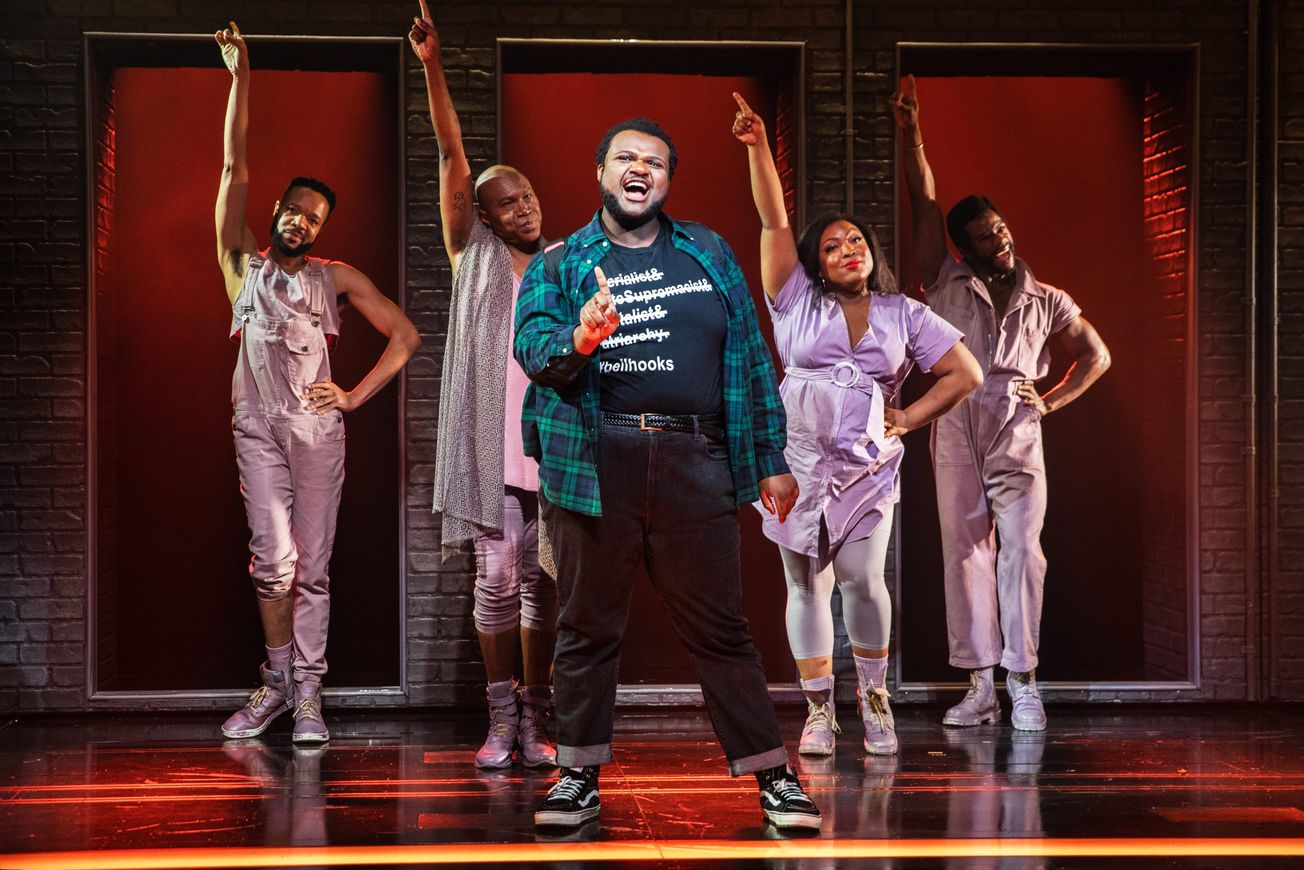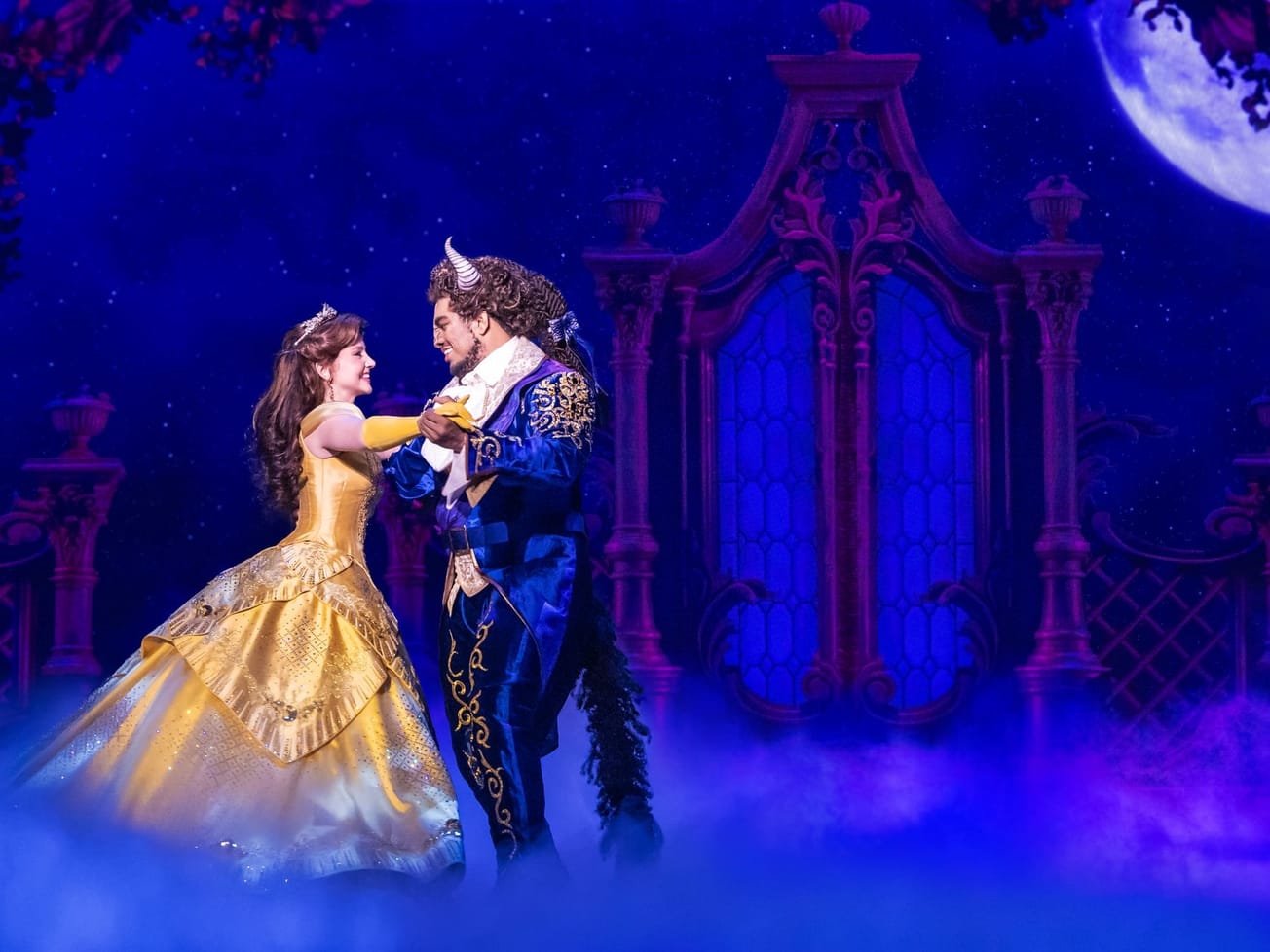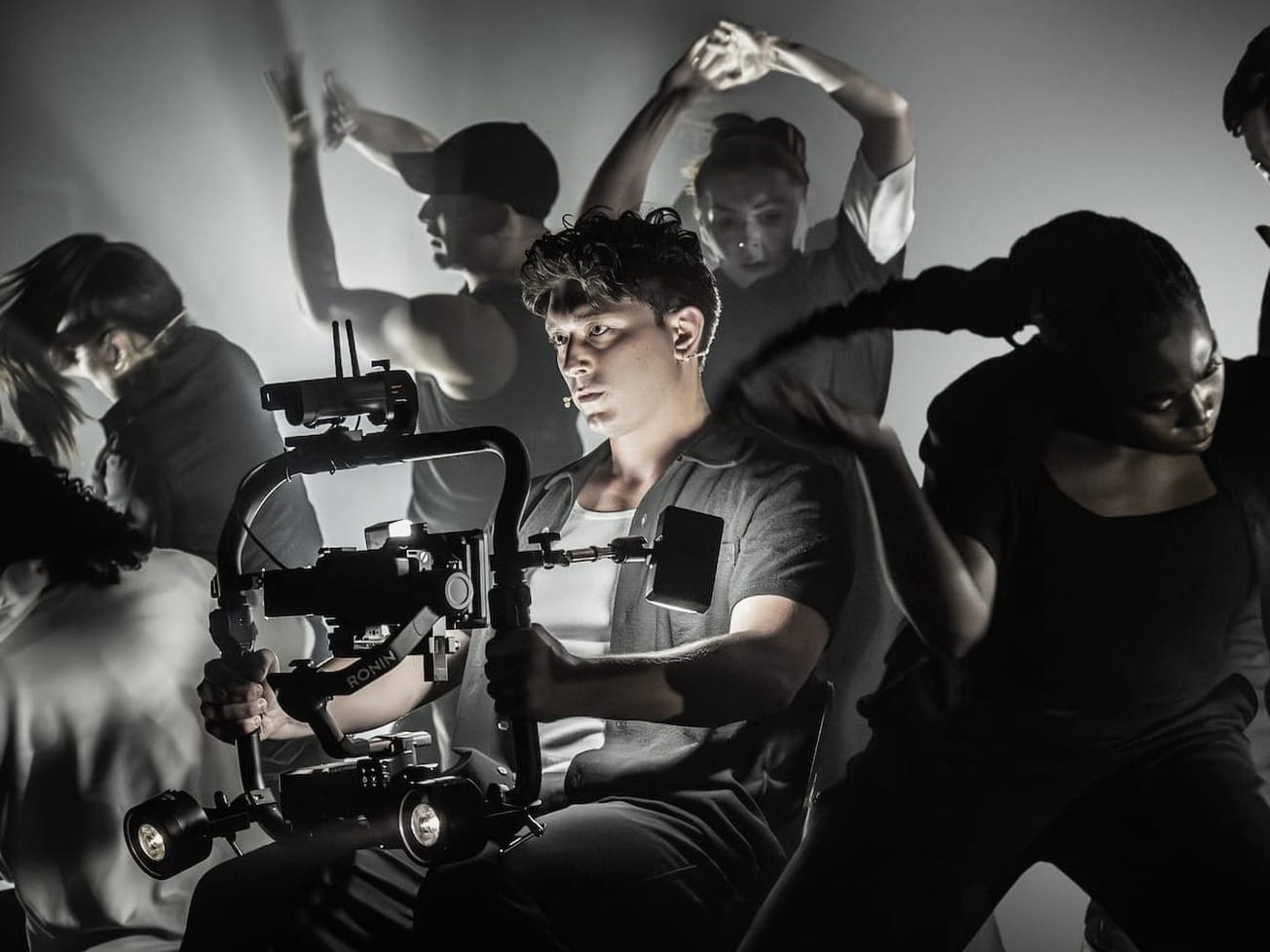What can I say about “A Strange Loop” that hasn’t already been said? When I got the assignment to review Michael R. Jackson’s Pulitzer-winning musical, I even asked my editor, “Am I the best person to review this?” What insight can a heterosexual cis Asian woman provide about a musical dealing with, “What it’s like to live up here/And travel the world in a fat, Black queer body”? And it’s not just identity; Jackson’s musical also criticizes Tyler Perry, the racist and meat-market mentality within gay dating apps and mediocre commercial theater (okay, I admit that last one I completely understand).
Review: ‘A Strange Loop’ is a universal story told through hyperspecificity
What can I say about “A Strange Loop” that hasn’t already been said? When I got the assignment to review Michael R.


























































